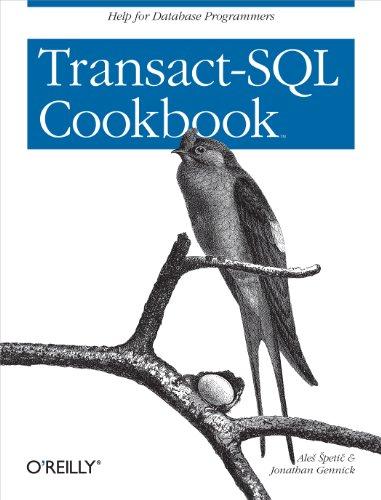Question
QUESTION 2: This question is to better understand the Management of Application Execution by using the analogy between restaurant and computer. CPU is expecting to
QUESTION 2:
This question is to better understand the Management of Application Execution by using the analogy between restaurant and computer.
CPU is expecting to have two things for each applications process section, a) data (this is ingredients for the cook) and b) Instructions (specific order of the food (recipe)). Consider the below-given parameters while working on questions 2 and 3.
The parameters of the OS and Restaurant analogy.
CPU: The cook who prepares the food based on given ingredients (data) and instructions. It will receive data and instructions for each process.
PROCESS: The food preparation. The customer wants to have/order food. Each food order should be prepared based on customers' needs. Each food order considers to be a process and comes with data and instructions. Customers may order more than one process (i.e. salad, drink, and pizza). That means 3 different processes. Consider the customer as an application in computer OS. In this example, one application comes with three processes.
OPERATING SYSTEM: The rules of the restaurant. The restaurant should be run based on these rules. Like in the computer, all computer resources, CPU, Memory, etc. have been managed based on OS. The waiter takes the orders from users (restaurant customers). And make sure all customer's orders were fulfilled
MAIN MEMORY: That keeps the customer orders (Data and Instructions) well organized. In Computer this is RAM.
PROCESS STATES:
Running: The process (the food order) that is currently being executed by the CPU ( i.e. Cook is working on the food order )
Ready: A process that is prepared to execute when given the opportunity
Blocked/Waiting: A process that cannot execute until some event occurs,
New: A process that has just been created but has not yet been admitted to the pool of executable processes by the OS. A new customer came in and order new food.
The process was completed by the CPU ( Food was prepared and deviled to the customer )
Develop State Process Model for this system. the Your name should be on the diagram
QUESTION 3: Develop a timeline diagram for the process states to trace the given process execution timeline. See the memory address, process, and dispatcher in the table. See Figure 3.7 in your textbook.
| Time | Address | Processes | Time | Address | Processes | |
| 1 | 4011 | A | 18 | 100 | Dispatcher | |
| 2 | 4012 | A | 19 | 101 | Dispatcher | |
| 3 | 4013 | A | 20 | 102 | Dispatcher | |
| 4 | 100 | Dispatcher | 21 | 4014 | A | |
| 5 | 101 | Dispatcher | 22 | 4015 | A | |
| 6 | 102 | Dispatcher | 23 | 4016 | A | |
| 7 | 5000 | B | 24 | 100 | Dispatcher | |
| 8 | 5001 | B | 25 | 101 | Dispatcher | |
| 9 | 5002 | B | 26 | 102 | Dispatcher | |
| 10 | 5003 | B | 27 | 5004 | B | |
| 11 | 100 | Dispacher | 28 | 5005 | B | |
| 12 | 101 | Dispacher | 29 | 5006 | B | |
| 13 | 102 | Dispacher | ||||
| 14 | 1100 | C | ||||
| 15 | 1101 | C | ||||
| 16 | 1102 | C | ||||
| 17 | 1103 | C |
Your name must be on the timeline diagram.
Step by Step Solution
There are 3 Steps involved in it
Step: 1

Get Instant Access to Expert-Tailored Solutions
See step-by-step solutions with expert insights and AI powered tools for academic success
Step: 2

Step: 3

Ace Your Homework with AI
Get the answers you need in no time with our AI-driven, step-by-step assistance
Get Started


